The Sun Java SE Development Kit (JDK) serves as the Software Development Kit (SDK) for the Java programming language, offering a wealth of features and tools for Java developers. Its robust language features, enhanced standard libraries, optimized Compact Profiles, improved security, support for JavaFX and JavaScript engines, modular system, jshell interactive programming environment, and comprehensive documentation and community support make it an indispensable tool for Java developers.
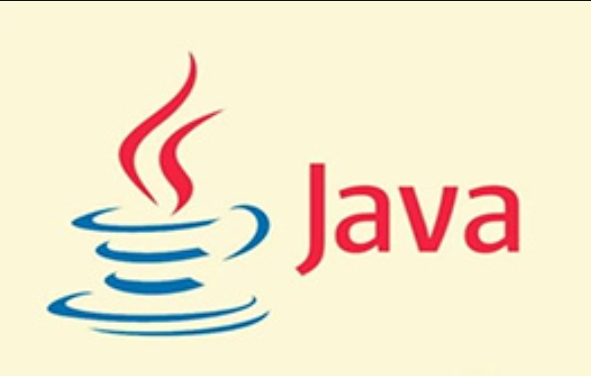
Java's expressive power and flexibility are enhanced by the ability to pass functions as method parameters or treat code as data, providing advantages in writing concise and efficient code.
Java has been updated with new language features, including default methods, the new java.util.stream package, and the Date-Time API, offering developers more powerful and flexible programming capabilities.
JDK introduces the new JavaScript engine, Nashorn, enabling the execution of JavaScript code within the Java environment.
Developers can now start and execute Java code directly from the console. The immediate feedback feature of jshell makes it an excellent tool for exploring APIs and testing language features, as well as providing convenience for teaching and learning Java.
JDK provides a wealth of documentation resources, including API documentation, tutorials, and guides, offering comprehensive technical support for Java developers.
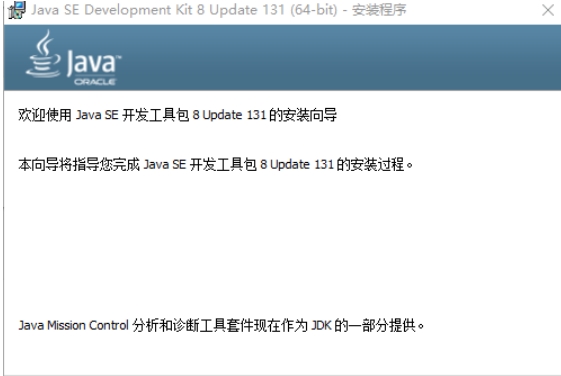
Software Features
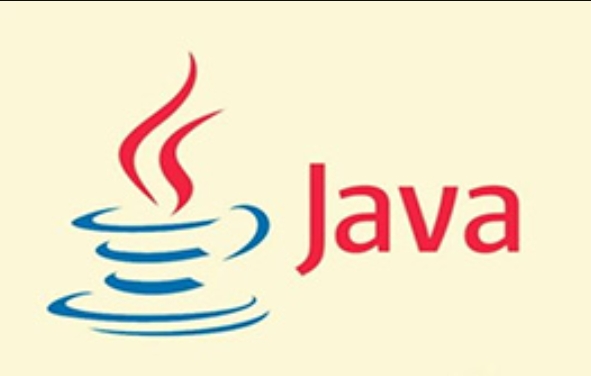
1. Development Environment Support
Java Compiler (javac): The JDK includes the Java compiler, enabling developers to compile Java source code (.java files) into Java bytecode (.class files), the intermediate representation for Java program execution.
Java Virtual Machine (JVM): The Java Virtual Machine in the JDK is responsible for executing compiled Java bytecode, converting it into machine code, and running it. The JVM is key to the cross-platform execution of Java programs.
2. Class Libraries and APIs
Java Standard Libraries: The JDK offers a vast array of Java standard libraries, including classes and interfaces for file operations, network communication, database connectivity, and graphical user interface (GUI) development. These libraries streamline the Java development process and enhance productivity.
Java API Documentation: The JDK comes with extensive Java API documentation, providing detailed descriptions, usage instructions, and sample code for each class and interface, facilitating the learning and application of Java APIs.
3. Development Tools
Debugger (jdb): The built-in debugger in the JDK allows developers to debug Java programs, including setting breakpoints, inspecting variable values, and stepping through code, aiding in the discovery and resolution of program errors.
Performance Analyzer (jconsole): The performance analyzer is used to monitor and manage the performance of Java applications, covering aspects such as memory usage, thread activity, and class loading, helping developers optimize application performance.
GUI Builder Tools (like Swing and JavaFX): The JDK provides GUI builder tools like Swing and JavaFX, allowing developers to create rich graphical user interfaces (GUIs) using Java.
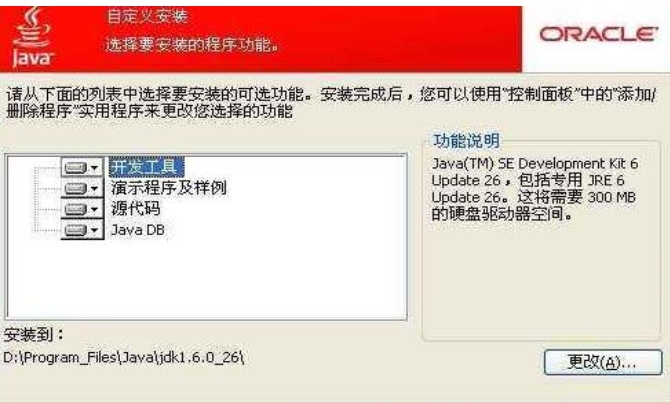
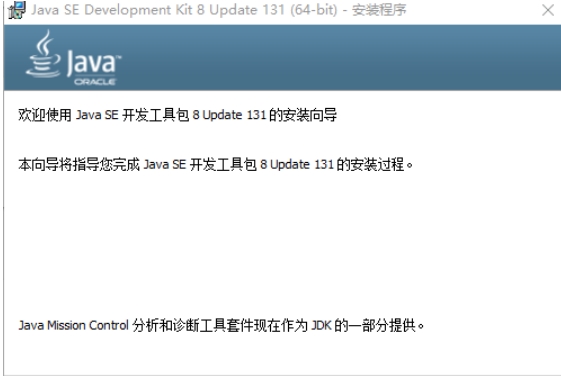
4. Cross-Platform Support
The JDK supports running on various operating systems, including Windows, Linux, and Mac OS, enabling developers to create Java applications that can run consistently across different platforms.
5. Security and Encryption
The JDK offers robust security and encryption features, such as the Java Cryptography Architecture (JCA) and Java Cryptography Extension (JCE), to protect Java applications and user data.
Installation Steps
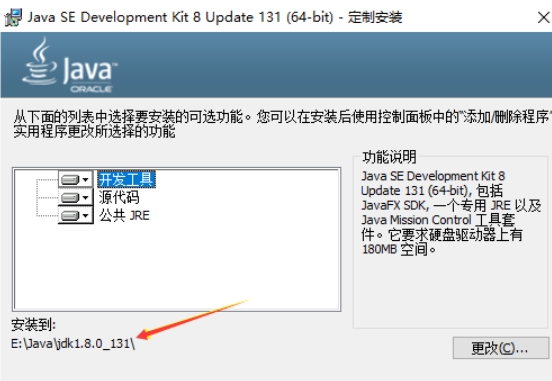
Download the latest installation package from this site.
Follow the on-screen instructions to install.
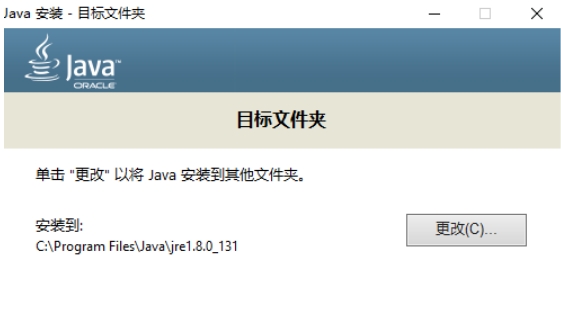
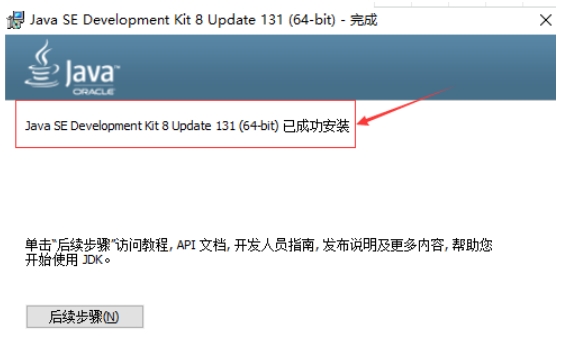
Once the installation is complete, you can start using it.


SuperWinner v3.0.25.1013 电脑版 24.7 MB
SPYWAREfighter v4.1.252 PC版 2.18 MB
sunVCF通讯录转换器 v1.3.4 电脑版 931.1KB MB
sunwoo音频格式转换器 v1.4.5 官方 932.1KB MB
sunwooOFD转换器 v1.3.5 官方版 931.6KB MB
sunwoo水印大师 v1.2.3 电脑版 931.6KB MB


















 Imaging Edge Webcam v1.1.03.10061 免费
Imaging Edge Webcam v1.1.03.10061 免费
 展翅鸟家长控制 v31.6.11.26 官方版
展翅鸟家长控制 v31.6.11.26 官方版
 蒲公英客户端 v4.10.0 PC版
蒲公英客户端 v4.10.0 PC版
 UrlPaster Lite v1.6.0.1 电脑版
UrlPaster Lite v1.6.0.1 电脑版
 CometMarks v2.4 最新版
CometMarks v2.4 最新版
 Portscan v1.86 免费版
Portscan v1.86 免费版
 IPMonitor v2.0 最新版
IPMonitor v2.0 最新版
 BeipMU v4.00.307 官方版
BeipMU v4.00.307 官方版













 冀ICP备2025117236号
冀ICP备2025117236号